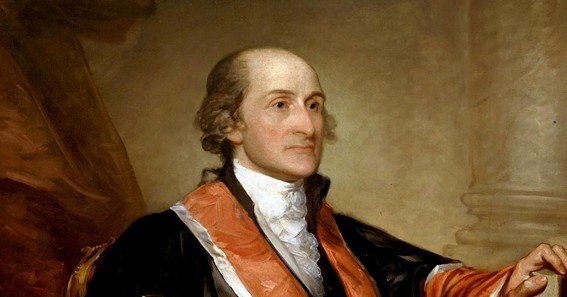George Winthrop Fairchild, commonly known as G.W. Fairchild, was a notable figure in American history, recognized for his significant roles in business and politics. Born on May 6, 1854, in Oneonta, New York, Fairchild’s journey from humble beginnings to influential leadership positions exemplifies the American spirit of determination and innovation.
Early Life and Career
Fairchild’s early life was marked by modesty; he was born to Jesse and Belle Fairchild, a farming family in Oneonta. With limited formal education, he apprenticed as a printer at the age of 14, laying the foundation for his future endeavors in publishing and business.
Business Ventures and IBM Leadership
In 1890, Fairchild became the sole proprietor of the Oneonta Herald, a weekly newspaper, marking his entry into the publishing world. His entrepreneurial spirit led him to the time recording industry, where he partnered with Harlow N. Bundy in 1896, joining the Bundy Manufacturing Company as an investor and director. This venture eventually evolved into the International Time Recording Company in 1900.
Fairchild’s most notable business achievement was his leadership in the Computing-Tabulating-Recording Company (CTR), formed in 1911 through the efforts of Charles R. Flint. As president and later chairman, Fairchild guided the company through significant growth and transformation. In February 1924, under his chairmanship, CTR was renamed International Business Machines Corporation (IBM), a name that would become synonymous with technological innovation.
Political Career
Parallel to his business pursuits, Fairchild had a distinguished political career. He was elected as a Republican to the U.S. House of Representatives, serving six consecutive terms from March 4, 1907, to March 3, 1919. During his tenure, he represented New York’s 24th and later the 34th congressional districts. His political influence extended to international affairs, as President Taft appointed him as a special commissioner to the First Centenary of Mexico in 1910, with the rank of Minister.
Personal Life and Legacy
Fairchild married Josephine Mills Sherman on March 18, 1891, and they had a son, Sherman Mills Fairchild, who would later become a notable inventor and entrepreneur. George Winthrop Fairchild passed away on December 31, 1924, in New York City. His former home in Oneonta, known as the Fairchild Mansion, stands as a testament to his legacy and is listed on the National Register of Historic Places.
Conclusion
G.W. Fairchild’s life reflects a blend of entrepreneurial acumen and public service. His contributions to the early development of IBM and his legislative work have left an enduring impact on American industry and politics.
FAQ
- Who was G.W. Fairchild?
- George Winthrop Fairchild was an American businessman and politician, known for his role as an early chairman of IBM and as a U.S. Representative from New York.
- What were Fairchild’s contributions to IBM?
- As president and later chairman of the Computing-Tabulating-Recording Company, which became IBM, Fairchild guided the company through significant growth and its eventual renaming to IBM in 1924.
- What political positions did Fairchild hold?
- Fairchild served six terms in the U.S. House of Representatives from 1907 to 1919, representing New York’s 24th and 34th districts.
- Who was Fairchild’s notable offspring?
- His son, Sherman Mills Fairchild, became a prominent inventor and entrepreneur, contributing significantly to aviation and photography.
- Where is the Fairchild Mansion located?
- The Fairchild Mansion is located in Oneonta, New York, and is listed on the National Register of Historic Places.










